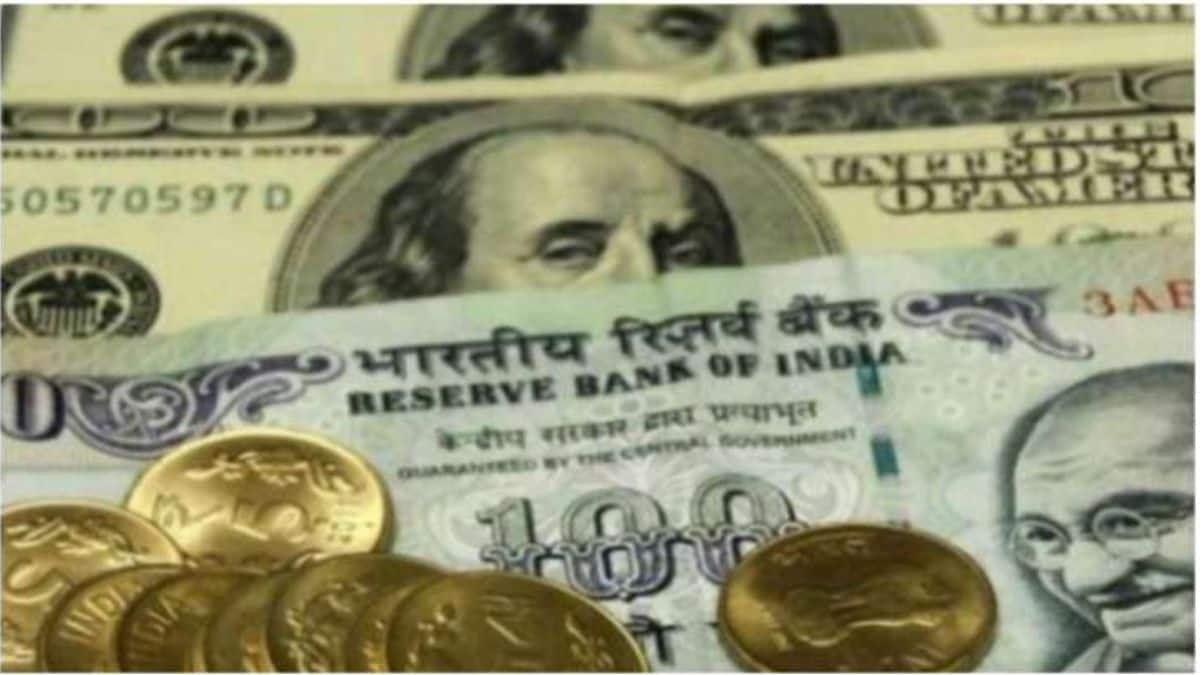Foreign institutional investors (FII) sold shares worth a net Rs 5,977.86 crore while domestic institutional investors (DII) bought shares worth a net Rs 4,252.33 crore on Friday, January 27, 2023, according to the data available on NSE. For the month till January 29, FII sold shares worth a net Rs 29,232.29 crore while DII bought shares worth a net Rs 23,392.91 crore. In the month of December, FIIs sold shares worth a net of Rs 14,231.09 crore while DIIs purchased equities worth a net of Rs 24,159.13 crore.
Foreign institutional investors (FII) or Foreign portfolio investors (FPI) are those who invest in the financial assets of a country while not being part of it. On the other hand, domestic institutional investors (DII), as the name suggests, invest in the country they’re living in. Political and economic trends impact the investment decisions of both FIIs and DIIs. Additionally, both types of investors — foreign institutional investors (FIIs) and domestic institutional investors (DIIs) — can impact the economy’s net investment flows.
“The FPI selling which started early in January gathered momentum towards the close of the month. FPI strategy in January has been selling in India and buying in relatively cheaper markets like China., Hong Kong, South Korea and Thailand. Shorting India has been profitable for FPIs this month and the massive equity selling of Rs 5,977 crores in the cash market on 27th January also contributed to the market turmoil triggered by the ‘Adani crisis’. The total sell figure in the cash market through 27th January has reached Rs 41,656 crores. This kind of massive selling along with the crash in Adani stocks has impacted the market sentiments temporarily. Since there has been no pre-budget rally this year, a good budget can trigger a post-budget rally,” said V K Vijayakumar, Chief Investment Strategist at Geojit Financial Services.
Tags: 上海各区私人工作室KDE, 上海宫七IC, 爱上海同城会员验证KU, 苏州哪个城中村鸡多WM